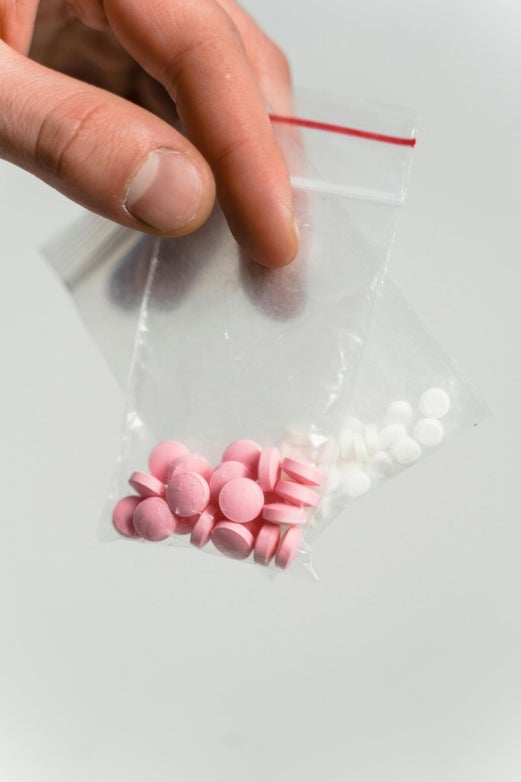
In a sweeping show of bipartisan unity, the U.S. House of Representatives voted 407-4 to pass HR 747 – The Stop Chinese Fentanyl Act of 2025, a landmark bill aimed at curbing the flow of synthetic opioids into the United States. The legislation zeroes in on Chinese manufacturers and distributors of fentanyl and its chemical precursors, holding them accountable through targeted sanctions and diplomatic pressure.
Introduced by Rep. Andy Barr (R-KY), the bill empowers the U.S. government to impose economic penalties on Chinese entities that produce or traffic synthetic opioids, and on officials who fail to enforce international standards. It also mandates enhanced cooperation between the U.S. and China to regulate chemical exports, enforce proper labeling, and implement rigorous “know-your-customer” protocols for chemical suppliers.
This legislation comes at a critical moment, as fentanyl continues to devastate communities across the country. According to recent CDC data, synthetic opioids were responsible for over 70,000 overdose deaths in the U.S. last year alone. HR 747 represents one of the most aggressive legislative efforts yet to address the international roots of this crisis.
Impact on Florida
Florida stands to be one of the most immediately affected states by the passage of HR 747. With its extensive coastline and major international ports—particularly in Miami, Jacksonville, and Tampa—Florida has long been a vulnerable entry point for illicit drug shipments. The bill’s enforcement provisions could lead to a significant tightening of port inspections and customs protocols, making it harder for traffickers to smuggle fentanyl into the state.
For law enforcement, the legislation promises increased federal resources and intelligence-sharing to dismantle trafficking networks. Agencies across Florida, from the Florida Department of Law Enforcement (FDLE) to local sheriff’s offices, may receive enhanced support to track supply chains and intercept shipments before they reach communities.
The public health impact could be profound. Florida has seen a surge in fentanyl-related overdoses, particularly in urban centers and rural counties where access to treatment is limited. By choking off the supply at its source, HR 747 could help reduce overdose rates, ease the burden on emergency services, and allow public health officials to shift focus toward recovery and prevention.
Politically, the bill reinforces Florida’s role as a national leader in the fight against opioid abuse. Lawmakers from both sides of the aisle—including members of Florida’s congressional delegation—have long called for tougher international accountability and stronger border enforcement. HR 747 gives them a concrete mechanism to act on those demands.
As the bill heads to the Senate, Florida residents, law enforcement officials, and healthcare providers will be watching closely. If passed into law, HR 747 could mark a turning point in the state’s battle against fentanyl—and send a clear message to foreign producers that America is no longer willing to tolerate the unchecked flow of synthetic poison into its communities.


Add comment
Comments